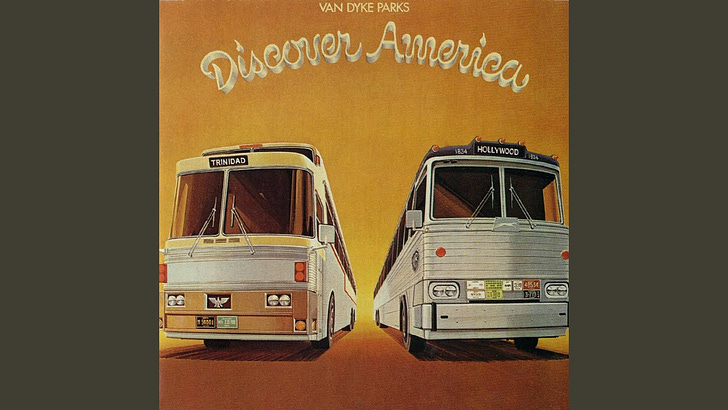I’ve just returned from the Folk Alliance International conference in Kansas City. Invigorating and exhausting, all in a good way. I’ll be writing about it in more posts this week. Meanwhile, posting this through multiple tech issues had been a priority before the conference. Please excuse typos, repetition, errors, or other annoyances.
When you read the résumé of Van Dyke Parks, you're not sure whether he should be given a Grammy for outstanding lifetime achievement or a summons for the reckless driving of a piano and orchestra.
A recommended introduction to the sweep of Parks' work now might be Moonlighting: Recorded Live at the Ash Grove, its cover designed to look like a 78 rpm record. Never has someone with such varied rock credentials since the mid-1960s seem to be made for an earlier time, yet still a visionary thinker.
As a self-described "obedient child," he appeared in dozens of live TV programs in the infancy of both the medium and himself from 1951-1957. He was a student a…
Keep reading with a 7-day free trial
Subscribe to Critical Conditions by Wayne Robins to keep reading this post and get 7 days of free access to the full post archives.



